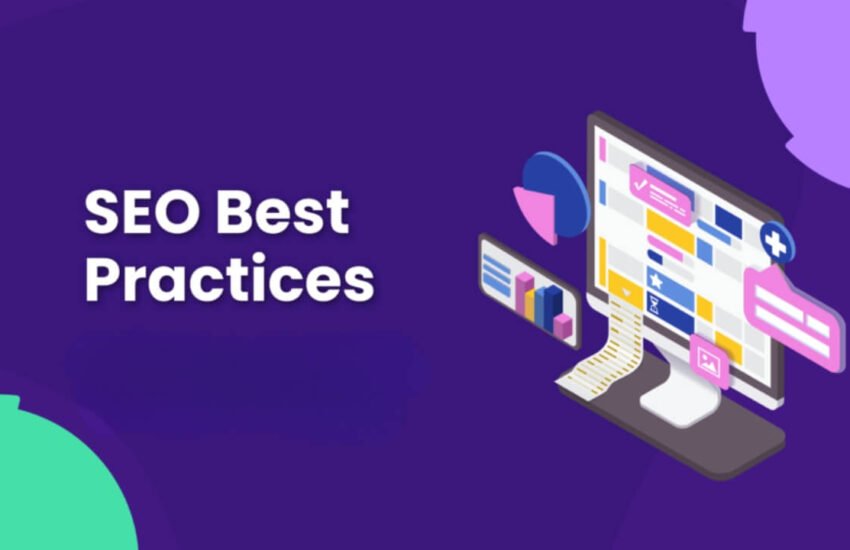Local SEO is the vital tool of the business interested in promoting its visibility and connection to the local communities. Although numerous local enterprises have enacted identical Internet marketing approaches to local search, a new report that Yext has revealed will demand a rethink on the prevalence of one-size-fits-all techniques across business and geographic lines. The research where the team reviewed 8.7 million Google search results shows serious insights on the critical relevance of local SEO activities and specifically on review engagement and how it affects the ranking within the surface of numerous industries.
This blog is going to discuss the Yext study results and focus on why review management is critical, best industry practices and regional differences that may impact local SEO success.
The Yext Study: Discovering Best Practices in Local SEO
Among the most important insights to be gained as a result of the Yext research, there is the fact that reviews are likely to have a significant impact on Local Pack visibility. Yext discovered that review engagement, which is read as a review count and the frequency of new reviews and what the owner said in response to them, was the most powerful and universal indicator of all industries and markets. This discovery is significant to encourage constant generation of good reviews and fast response rates to customer feedbacks.
Indeed, the companies which capture reviews and reply to them are more likely to succeed than others. This shows that the interaction with the customers and the focus on reviews is one of the fundamentals of local SEO success. Not only should there be a large number of reviews; it should also reflect the responsiveness and responsive interactions with customers.
Local SEO Proprietary Strategies in an Industry
Although all businesses can value the review management, the Yext study insinuates that the local SEO strategies should also differ depending on the industry. The effect of conventional SEO strategies such as profile completeness and prompt response varies according to the category of business. The performance of different industries is as follows:
Food & Dining: Newer quality reviews are increasingly important to local SEO rather than just trying to drive up maximum reviews. To these businesses, nothing can be more influential than maintaining a constant flow of positive reviews as compared to filling up all the profiles.
Hospitality: There might be a weak or even negative correlation between photo quantity and the increased ranks of hotels and similar businesses contrary to what might be expected. Rather, there is a better impact of quality and focus of a lesser number of curated photographs. This shows that companies in the field of work have to focus on making a couple of professional and good pictures instead of covering their profile with too much number of photos.
Other Industries: The study advocates that best practices should not be universally hard coded across all industries since there is a need to focus on individual industries. No single formula will fit in every business and marketers should modify their strategy.
The meaning of the Scout Index by Yext
The research presented in the Yext study uses data collected in the company Scout Index, a proprietary database, consisting of structured data about more than 200 structured data points per business. This data includes covers different spheres of the online presence of a business including the review patterns, the hours of operation, the media assets, social activity, and the Google Business Profile complete properties.
Through this analysis on a huge amount of data the Yext team could determine which aspects have the greatest correlation to Local Pack visibility. That is, a thorough analysis of the parameters like review engagement, the quality of media assets (photos), and business profile information.
The authors of the research were interested in the impact of these factors on the positioning within Google local pack, that is why they drew a line with other general maps representation in the area. The report examined the findings in 6 industries ranked on 2,500 populous zip codes, which would give a full view of the local search engine optimization efforts in a wide variety of locations and industries.
Local SEO at the Regional level
Besides the peculiarities associated with the industry, the study has revealed significant regional tendencies. As an example, the Northeast region was more insensitive to the conventional SEO elements of the three regions, and the South and West regions were more responsive to slow review response. This shows the need to customize SEO plans on the basis of location.
It also elucidated in the Yext that a delay in responding to reviews until Monday may lose out visibility, including in the Midwest. Businesses should ensure that they keep the review involvement even on weekends, lest the ranking should reduce. The message here is quite obvious: responsive actions within 7 days a week per week are the prerequisite to the effective presence within Local Pack.
Main takeaways of Local SEO Marketers
According to the research conducted by Yext, a successful local SEO initiative is based on review management. The businesses need to concentrate on retrieving positive and timely reviews and react quickly to client opinions. It is important to keep up with this aspect every day and not only during weekdays: forgetting to review or responding slowly may negatively affect your ratings in the Local Pack.
Region and Industry Specific Strategies H2: Tailor Strategies to Industry and Region
Whilst some of these local SEO techniques are always beneficial across the board, there is no single solution to it all. The researchers introduce the finding that the local SEO strategy should be configured to the category and location. As an example, food and dining businesses should focus on what is recent and highly rated when it comes to reviews and not necessarily the largest possible number of reviews and instead, hospitality businesses should focus on a smaller number of high-quality images rather than stacks and stacks of them.
Moreover, local trends imply that the entrepreneurs ought to keep track of what is unique to a particular area, including the necessity of quick responses to reviews. The marketer ought to experiment with both industry and region specific strategies in terms of what seems to work well in their individual target market.
The Local SEO Best Practices Evolve
Yext study questions conventional wisdom, which suggests that all businesses ought to have the same local SEO strategies. It implies that with the changing nature of the digital sphere, companies must become more dynamic, changing their SEO plan to fit within the trends of the industry and the behavioural patterns of regional customers. Marketers should take home the point, SEO testing and optimization is more significant like never.
Conclusion: It Is Time to Get out of the One-Size-Fits-All SEO Killers
Summing up, the Yext report offers interesting alternative thoughts that are to become new thinking on local SEO. As the engagement in reviewing is the most uniform factor that influences Local Pack visibility, the research stresses the necessity of approaching the strategies differently depending on the industry and regional changes. Companies must stop using generic SEO playbooks and must at this point come up with industry-specific and region-specific plays to have the optimal outcome.
Marketers should always remain adaptive and flexible, trying various strategies and being in touch with the current trends and statistics as the field of local SEO keeps expanding. Through the aspects of reviews, industry specifics, and geography patterns, this process can be a big step to heightening the presence of a business in Google Local Pack and spurring higher local activities.
So, to remain at the forefront of the search engine optimization (and stay ahead of your competitors), the most efficient method of local search engine optimization is adapting to new discoveries, such as the one by Yext.
you may also like
The Changing Face of B2B Event Promotion with the LinkedIn Thought Leader Ads



